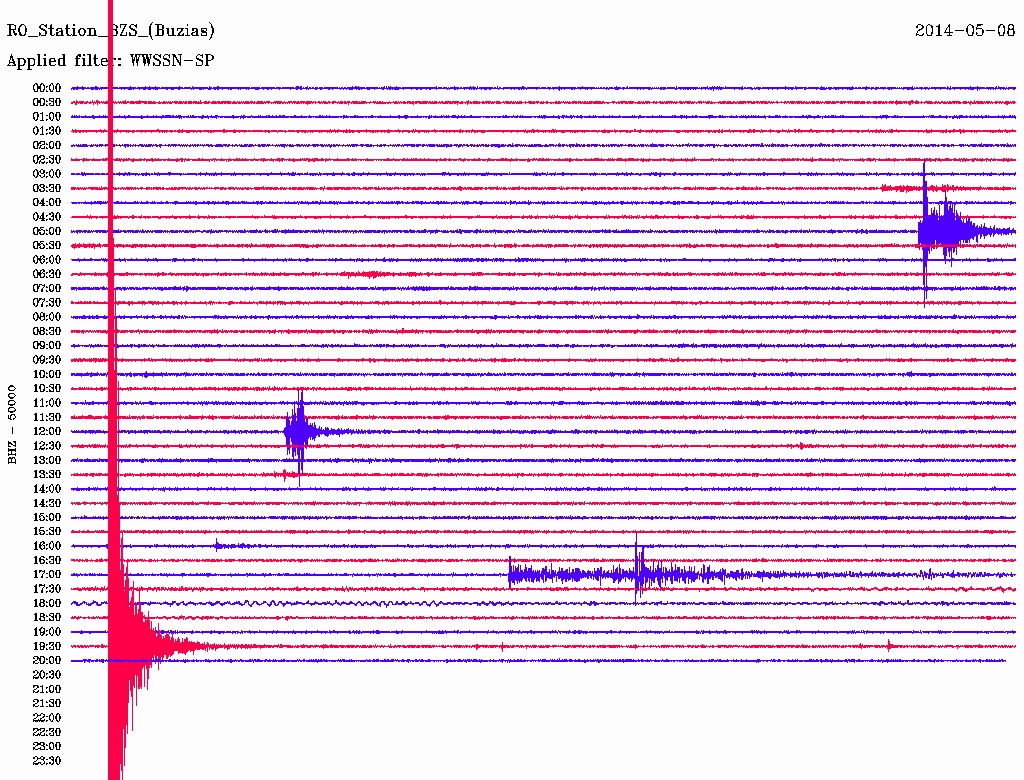ARCTIC CONQUEST IS NOW
Full 8-Century Record
[
14
] The complete 8-century Mg/Ca-derived SST record
(Figure 4a) shows an unexpectedly large amount of vari-
ability for a tropical location during the late Holocene. The
base of the record captures the latter part of the Medieval
Warm Period (MWP), approximately A.D. 1200 and 1425,
during which spring SSTs gradually cooled by 0.75ºC.
This cooling was followed by more than 1.0ºC warming between
A.D. 1425 and 1500. The Little Ice Age (LIA) is charac-
terized by a pronounced 1.5ºC SST decrease between A.D.
1500 and 1640, with a particularly steep drop between
approximately 1630 and 1640, almost exactly coincident
with the beginning of the Maunder Minimum in 1645
. SSTs gradually rose again until about A.D.
1800, after which temperatures fluctuate around a mean that
is slightly cooler than SSTs observed for the late Medieval
Warm Period. A brief 0.5ºC cooling occurred in the late
1800s and early 1900s followed by a strong 1ºC warming
during the twentieth century. The resolution of this data
set is sufficient to capture even short transient events such
as the brief but notable cooling that occurred in the Atlantic
DURING THE GREAT SALINITY ANOMALY OF THE SIXTIES....
Nearly 50 years ago Bjerknes
suggested that the character of large-scale air–sea interaction over
the mid-latitude North Atlantic Ocean differs with timescales: the
atmosphere was thought to drive directly most short-term—interannual—sea
surface temperature (SST) variability, and the ocean to contribute
significantly to long-term—multidecadal—SST and potentially atmospheric
variability. Although the conjecture for short timescales is well
accepted, understanding Atlantic multidecadal variability (AMV) of SST
remains a challenge as a result of limited ocean observations. AMV is
nonetheless of major socio-economic importance because it is linked to
important climate phenomena such as Atlantic hurricane activity and
Sahel rainfall, and it hinders the detection of anthropogenic signals in
the North Atlantic sector
Direct evidence of the oceanic influence of AMV can only be provided by
surface heat fluxes, the language of ocean–atmosphere communication.
Here we provide observational evidence that in the mid-latitude North
Atlantic and on timescales longer than 10
years,
surface turbulent heat fluxes are indeed driven by the ocean and may
force the atmosphere, whereas on shorter timescales the converse is
true, thereby confirming the Bjerknes conjecture. This result, although
strongest in boreal winter, is found in all seasons. Our findings
suggest that the predictability of mid-latitude North Atlantic air–sea
interaction could extend beyond the ocean to the climate of surrounding
continents.
We present the first direct comparison and calibration of a downcore foraminiferal Mg/Ca record to
historical instrumental sea surface temperature (SST). Mg/Ca measured on the planktic foraminifer
Globigerina
bulloides
from a Cariaco Basin sediment core strongly correlate with spring (March–May) instrumental SSTs
between A.D. 1870 and 1990. A Mg/Ca SST equation is derived and a paleo-SST record is presented spanning
the last 8 centuries, an interval that includes the end of the Medieval Warm Period and the Little Ice Age. The
long-term record displays a surprising amount of variability. The temperature swings are not necessarily related
to local upwelling variability but instead represent wider conditions in the Caribbean and western tropical
Atlantic. The Mg/Ca SST record also captures the decadal and multidecadal variability observed in records of
global land and sea surface temperature anomalies and Atlantic tropical storm and hurricane frequency over the
late nineteenth and twentieth centuries. A divergence between the SST proxy record and Atlantic storm
frequency around 1970 appears to reflect a fundamental change in Atlantic hurricane behavior noted in historical
data. On average, twentieth-century temperatures are not the warmest in the entire record, but they do show the
largest increase in magnitude and fastest rate of SST change over the last 800 a



good training and no moral control or with some faith of ubermensch or thug desire to die for the glory of durga or kali or for another god of war
they prevail
the jap's don't have men enough if they have 20 or 30 million soldiers to spend the american's need extra bombs nuclear ones i mean
they only achieve to kill 3 million soldiers with british and russian's and chineese doing the killing for them